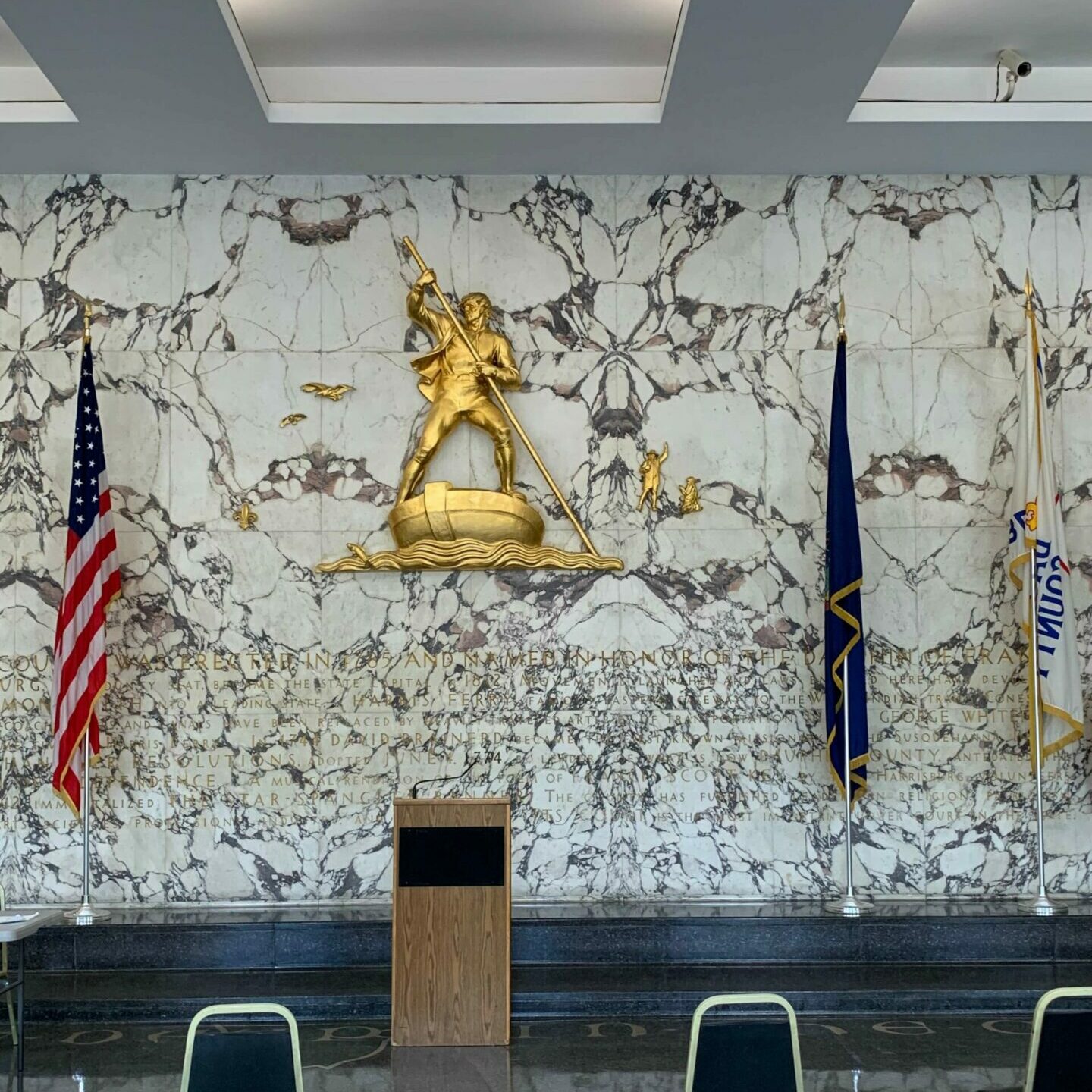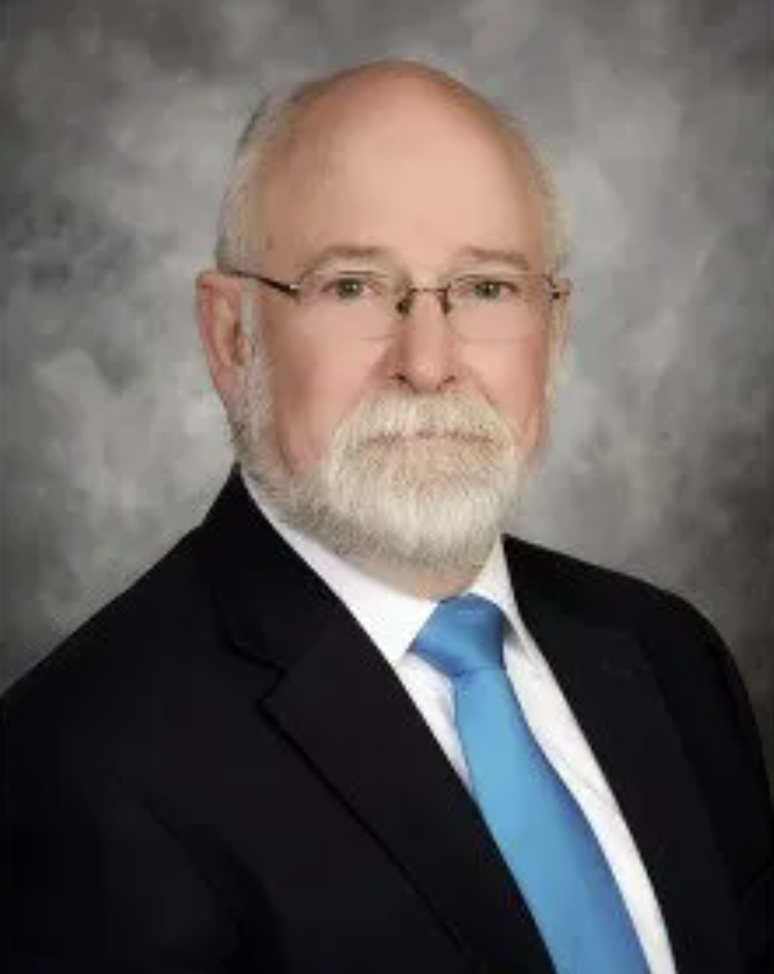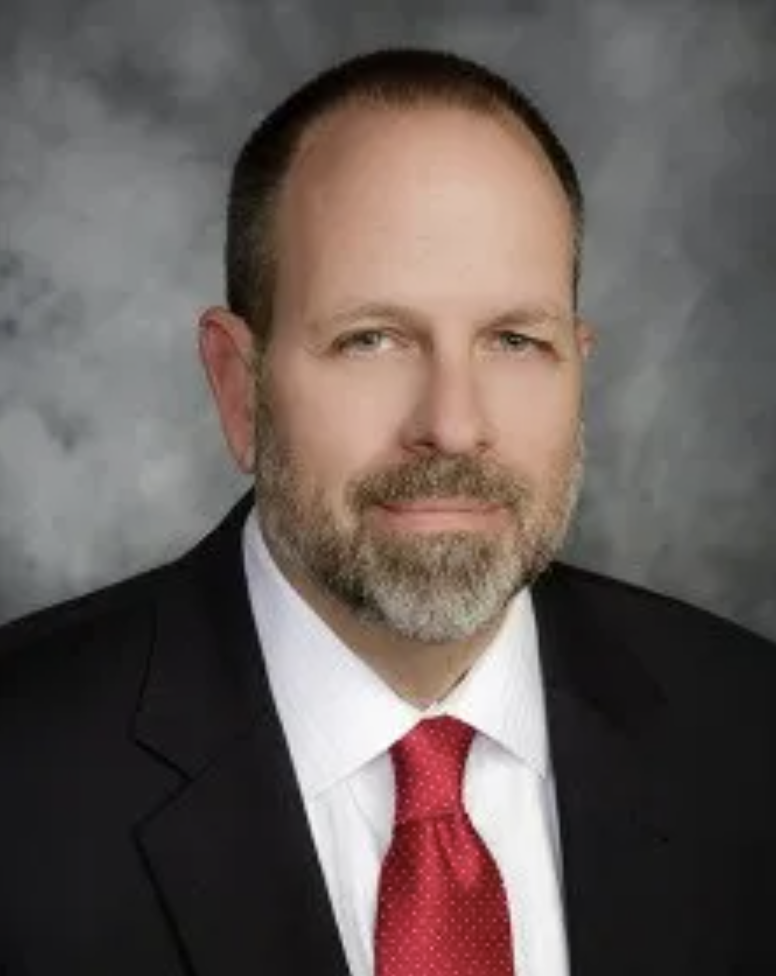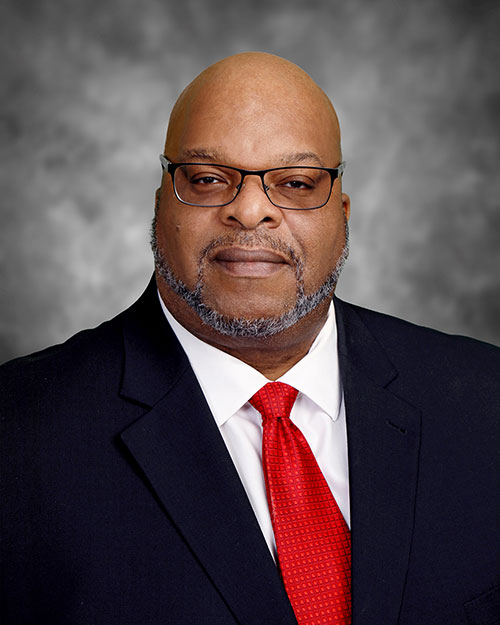Professional Licensing Defense Lawyers in Camp Hill, PA
As professional licensing defense lawyers, our firm at Dethlefs Pykosh & Murphy have aggressively fought for clients who were charged with criminal matters such as, drugs, alcohol, substance abuse, civil matters, investigations and have represented clients before a respective licensing board.
What is a professional license?
A professional license represents a substantial commitment of time and resources and is often the pinnacle of a lifelong dream. A disciplinary sanction can effectively extinguish that dream. If you’re the subject of an investigation or facing criminal charges as a licensee, you’ll need reliable legal assistance to help you.
Similarly, if you have received formal charges or a preliminary denial of an application, you need to be aware of your rights and the risks associated with such an action before speaking with any governmental agents. Remember, everything you say can and will be used against you.
Why Hire Dethlefs Pykosh & Murphy?
Attorney Charles J. Hartwell has been practicing law for 30+ years. His experience as a prosecuting and supervising attorney at the Bureau of Professional and Occupational Affairs gives him a unique perspective in representing clients and Attorney Monty Batson has experience as both a prosecutor and hearing examiner for the Bureau of Professional and Occupational Affairs. Attorneys Hartwell, Pykosh and Batson utilize their experience to provide effective and aggressive representation to professional licensing clients. Your initial consultation is free.
Experienced Professional Licensing Defense Attorneys
Get to know Attorney Charles Hartwell, Michael Pykosh, and Monty Batson.
Awards
Years Experience

What is the purpose of a professional license?
A professional license helps maintain the safety of the public and holds business owners accountable to ethical business practices. There are members who are appointed to maintain and enforce best practices. These Pennsylvania offices are located in Harrisburg, Philadelphia, Pittsburgh, and Scranton.
When a case is filed against your business it is important to remember your rights and to seek legal council. As Professional License Defense Attorneys, our job is to help manage the paperwork through appeals to reinstate your license.
source: Dos.pa.gov
Frequently Asked Questions
Dethlefs Pykosh & Murphy have collected commonly asked questions from professional licensing clients to share with you. This effort below is to help you gain a better understanding of what you may need to know before making a decision to seek legal guidance. As always, we are here to serve you. Can’t find what you are looking for? Contact us for your free, no obligation consultation meeting.
If I have a substance abuse problem, are there ways I can get help without losing my license?
There are private entities that can provide help with substance use disorders that are not required to report your participation to the Commonwealth. These facilities can put you in a program which includes many of the same elements as found in Commonwealth recovery programs, including inpatient and intensive outpatient programs, substance screens, counseling, and the like. It is also a good idea to participate in programs like AA or NA which provide peer support from others facing the same issues.
For some health care professionals, there are entities, such as PNAP for nurses, which provide support and advocacy and have programs structured much like the Commonwealth’s. There is no guarantee that participation in these programs will not end up with a report to the Commonwealth, however.
For its part, the Commonwealth has two programs for professional licensees which can be entered either voluntarily by means of a consent agreement or as a result of a direct order issued by the respective Board. The first is the Voluntary Recovery Program, which is confidential. The second is the Disciplinary Monitoring Unit, which is a public action. Both programs have considerable restrictions on the type and scope of practice and require notification of an employer, which can have serious and immediate impact on employment. A participant will retain their license while in good standing with these programs. Every case is different, and what options you may have depend on the particular circumstances.
If I have a licensing violation in another state, can this effect my license in Pennsylvania?
Ordinarily, yes. All Pennsylvania professional licensing statutes have provisions which treat disciplinary action in another jurisdiction as a violation of Pennsylvania law. The fact that your Pennsylvania license has lapsed or was placed on inactive status does not mean that the Commonwealth cannot take action. Under PA law, a license is a property right which cannot be extinguished unless revoked. You should review your case with a specialist to assess the appropriate response.
Ask us anything about your case! We are here to help.
Licensing Paralegals and What it Means for Your Client
On November 1, 2018, Utah became the most recent state to approve a new class of legal professional titled the Licensed...




